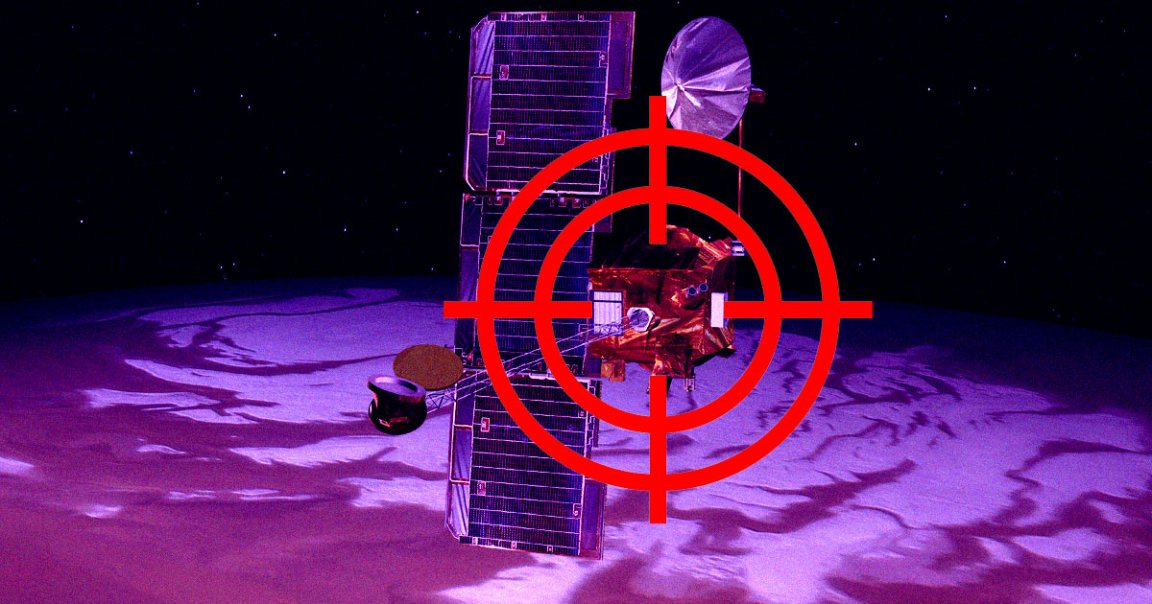
The scientific community was appalled by the news that president Donald Trump’s administration was looking to deal a devastating blow to NASA’s science budget.
In its 2026 budget request, released last month, the White House announced it was looking to more cut funding for NASA’s science directorate by more than half, leading to overwhelming criticism from the scientific community, as well as from both Republican and Democrat lawmakers.
The “skinny” budget calls to end operations of several spacecraft currently orbiting Mars, the Washington Post reports — including Mars Odyssey, a probe that has been orbiting the Red Planet for a record 24 years, and the MAVEN (Mars Atmosphere and Volatile EvolutioN) mission, which has been studying the planet’s atmosphere for over a decade.
It would also strip all funding for the European Space Agency’s Mars Express mission, which was launched in 2003, as laid out by Science earlier this year.
Despite their old age, all three missions are still collecting valuable data about the planet and relaying important communications from NASA’s rovers currently roaming its rugged surface. Experts have warned that simply giving up on them would be an enormous waste.
Even planned trips to the Martian surface could be erased in their entirety, including NASA’s flagship — but immensely costly — Mars Sample Return mission, which has already led to heated discussions surrounding its hefty budget during the Biden administration.
Alongside almost all major NASA science missions, abruptly ending the agency’s operations in Mars’ orbit could deal a devastating blow to the United States’ space program overall, an enormous self-inflicted wound that could give adversaries, including China and Russia, room to catch up and dominate in space.
“This is a tragic mistake for the new administration,” Southwest Research Institute scientist and former NASA science chief Alan Stern told Science earlier this year.
But not all is lost. As widely expected, the proposed budget has faced an enormous amount of resistance in Congress, with members from both sides of the aisle calling for a far less brutal budget.
Most recently, the Senate’s appropriations committee revealed a counteroffer that would keep NASA’s existing $24.9 billion budget largely intact for 2026.
Even NASA’s staffers have taken to protesting outside of NASA’s headquarters late last month, waving signs that read “Save NASA.”
It’s not hard to see the Trump administration’s prioritizing of human spaceflight, setting aside a whopping $1 billion in new investments for Mars-focused programs.
But by gutting most major science missions, the White House could throw a major wrench in those plans as well, potentially blacking out communications by needlessly killing off spacecraft already in the planet’s orbit.
Besides, now that Trump has called it quits with his frenemy Elon Musk, who controls SpaceX and its Mars-bound Starship rocket, the administration could face a major uphill battle in sending the first humans to the Red Planet.
More on NASA: Democrats and Republicans Unite in Last-Ditch Effort to Save NASA